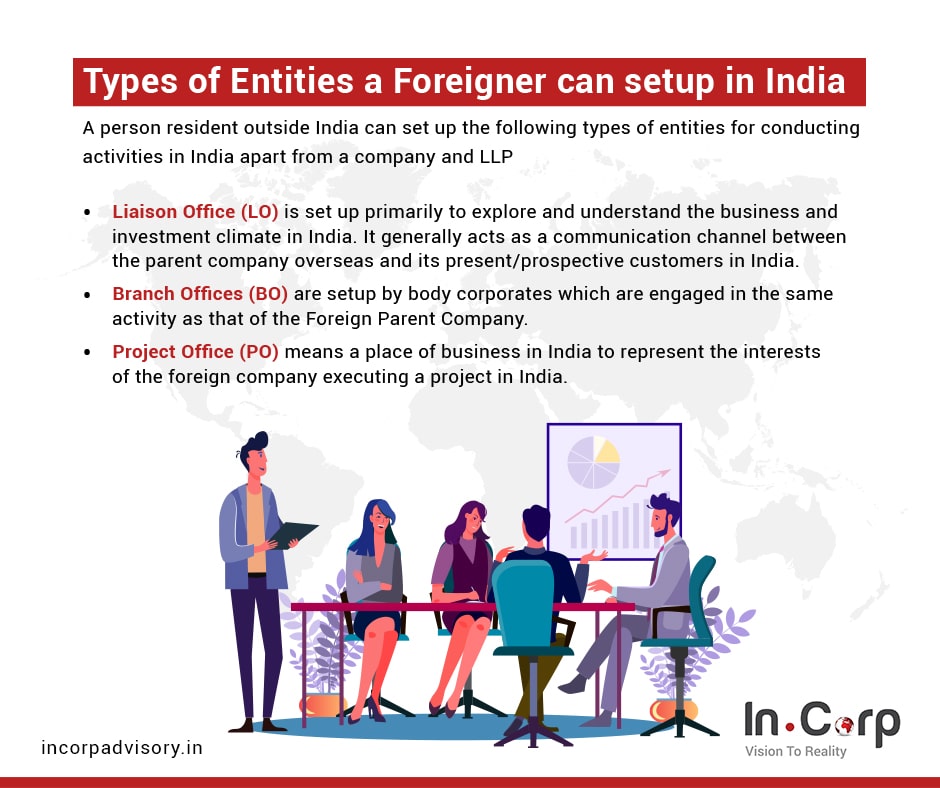Services
Overview
In 1991, the Government of India had initiated the process of liberalization of the Indian economy. Foreign Investments were permitted in various sectors of India. This lead to an increase in the foreign exchange reserves of India.

The erstwhile provisions of the Foreign Exchange Regulation Act, 1973 (FERA) were not in line with the Government’s liberalization policy and did not fit well in the post-liberalization period. Hence, FERA was replaced with Foreign Exchange Management Act, 1999 (FEMA). The provisions of FEMA are quite liberal as compared to those of erstwhile FERA.
Service Areas Within FEMA Advisory & Compliance
- When an Indian Company / LLP receives foreign investment and allots shares/capital contribution against such receipt,
- Transfer of shares/capital contribution between residents and non-residents in an Indian Company / LLP,
- Investment in Indian downstream company by an Indian Company already having foreign investment,
- Issue of ESOPs or Sweat Equity Shares to employees/persons outside India, etc.
Filing of FLA return is mandatory for all the Indian entities which have received FDI and/or made ODI during the year.
Additional funding requirements in India by a WOS or JV of foreign entity can be fulfilled by way of raising ECB from the foreign parent company. Further, assistance will also be required for drafting loan agreement, obtaining Loan Registration Number (LRN) and complying with monthly ECB reporting.
In case of export or import of goods or services, FEMA advisory can be provided with respect to time limit for settlement, advance received / paid, permission for write off of export receivables, realisation and repatriation of proceeds, etc.
- Liaison Office (LO)also known as the representative office is set up primarily to explore and understand the business and investment climate in India. It generally acts as a communication channel between the parent company overseas and its present or prospective customers in India. However, LO is not permitted to carry on any business activities in India.
- Body Corporates incorporated outside India are allowed to set up Branch Offices (BO)which is engaged in the same activity as that of the Foreign Parent Company.
- Project Office (PO)means a place of business in India to represent the interests of the foreign company executing a project in India.
Under FEMA, Resident Individuals are allowed to make remittances outside India for certain permissible capital account transactions in aggregate up to USD 2,50,000/- per year, subject to fulfillment of few basic conditions. The benefit of LRS is only available to Resident Individuals and not to Non-Resident Individuals.
Contraventions/non-compliances under FEMA can invite penalties. These contraventions/non-compliances can be made good by applying for compounding of offense with the concerned regional office of RBI and payment of compounding fees on case to case basis.
Frequently Asked Questions
- » LO is in the nature of a representative office set up primarily to explore and understand the business and investment climate in India. It generally acts as a communication channel between the parent company overseas and its present or prospective customers in India.
- » Body Corporates incorporated outside India are allowed to set up BO engaged in the same activity as that of the foreign parent.
- » PO is a place of business in India to represent the interests of the foreign company executing a project in India
- » inbound investment in India or an outbound investment from India is FEMA compliant.
- » timely reporting to the regulators wherever required.
- » Automatic Route: Foreign Investment is allowed under the automatic route without prior approval of the Government or the Reserve Bank of India, in all activities/ sectors as specified in the Regulation 16 of FEMA 20 (R).
- » Government Route: Foreign investment in activities not covered under the automatic route requires prior approval of the Government.

